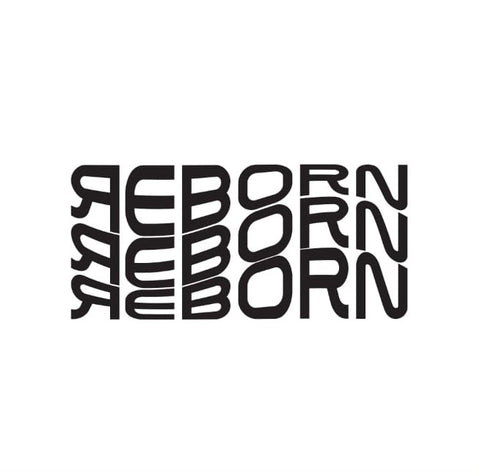Reborn X UNHCR

With every item sold from the Reborn collection, 3USD is donated directly to UNHCR.
Reborn is a socially responsible brand that aims to provide awareness and support refugees across the world.
Reborn's collaboration with UNHCR will support and empower refugees including children and orphans, vulnerable families, the elderly, and single mothers.
Together with UNHCR, we can help make sure refugees have access to their most basic needs and rights. UNHCR, the UN Refugee Agency, is mandated with the protection of refugees and displaced persons across the world.
You're making a difference. Through Reborn, our collective contributions can help refugees get one step closer to better, safer futures.
By engaging our community, we hope to make a positive impact in the lives of refugees together.
COVID-19 has added to what was already a complex situation for refugees especially those who observed Ramadan amidst dire conditions, with increasing poverty rates, and reliance of humanitarian assistance.
The socio-economic impact of COVID-19 has pushed more forcibly displaced populations into deepening poverty with the loss of livelihood opportunities and income, leading to increasing levels of food insecurity and malnourishment.
Families are often forced to make choices that end up impacting them negatively, with cutting spending on food being the top negative coping mechanism of 51% of households, as per UNHCR’s Post-distribution Monitoring for Cash-based Assistance in January 2021, and others including not being able to pay rent, going further into debt and stopping children from attending school.
UNHCR post-distribution monitoring of cash assistance showed that at the start of 2021, around 74 per cent of households were meeting only half or less of their basic needs, with 6 per cent not meeting them at all.
Close to one million Syrian refugees, along with 4.4 million members of their host communities in Jordan, Lebanon and Iraq were newly affected by poverty just after the beginning of the COVID-19 crisis, according to estimates from a joint study by UNHCR and the World Bank.
In Lebanon, where the pandemic arrived in a country already reeling from political and economic collapse, soaring inflation and declining GDP, and soon after the Port of Beirut explosion, one-third of Lebanese (or 1.7 million people) are expected to have fallen into poverty, and as many as 840,000 Syrian refugees. Nine out of ten Syrian refugees or 89 % live now in extreme poverty, compared to 55 % in 2019.
In Egypt, prior to the COVID-19 outbreak, seven out of ten refugees were unable to meet their basic needs and resorted to harmful coping strategies such as living on credit, reducing number of meals, borrowing food/money or restricting consumption of adults for children to eat.
In Yemen, even prior to the COVID-19 pandemic, 80 percent of the Yemeni population was relying on humanitarian aid for their daily survival.
Over 13 million people need humanitarian and protection assistance inside Syria, including 6 million in acute need, while almost 90 per cent of people in Syria live below the poverty line.
Worldwide, 80 per cent of displaced people are in areas affected by malnutrition and acute food insecurity. Over half of the IDP population worldwide is displaced within the top-10 most food insecure countries. These countries also host one-third of all IDPs and refugees combined.
Together with UNHCR, we can help make sure refugees have access to their most basic needs and rights.
UNHCR, the UN Refugee Agency, is mandated with the protection of refugees and displaced persons across the world.
You're making a difference. Through Reborn, our collective contributions can help refugees get one step closer to better, safer futures. By engaging our community, we hope to make a positive impact in the lives of refugees together.
UNHCR, the UN Refugee Agency, is mandated with the protection of refugees and displaced persons across the world.
You're making a difference. Through Reborn, our collective contributions can help refugees get one step closer to better, safer futures. By engaging our community, we hope to make a positive impact in the lives of refugees together.
